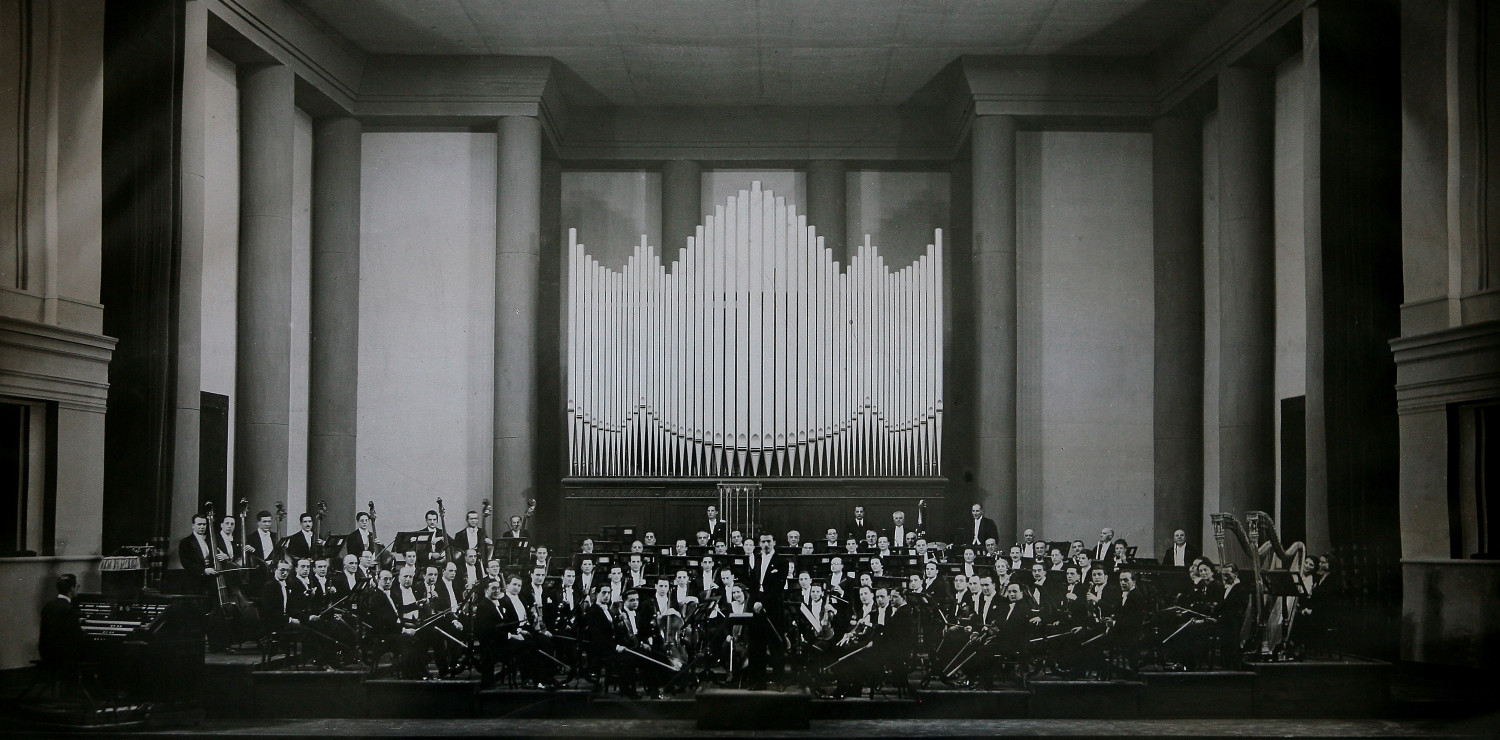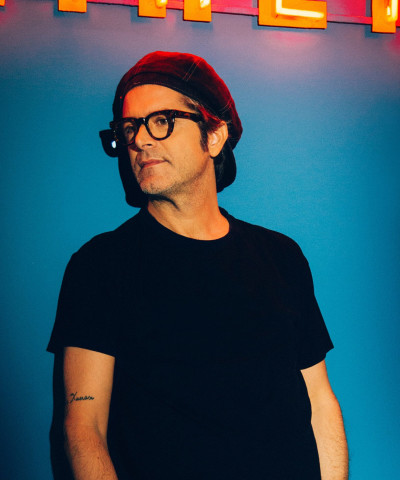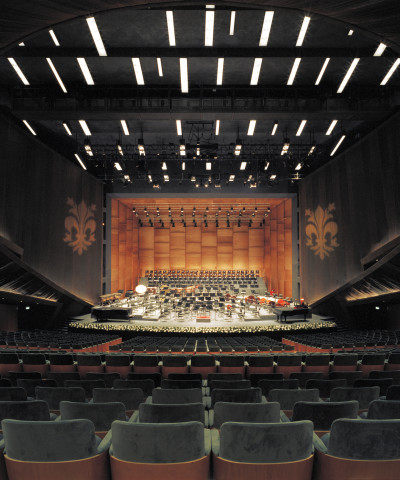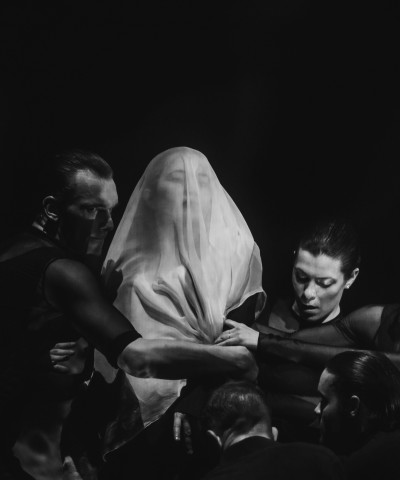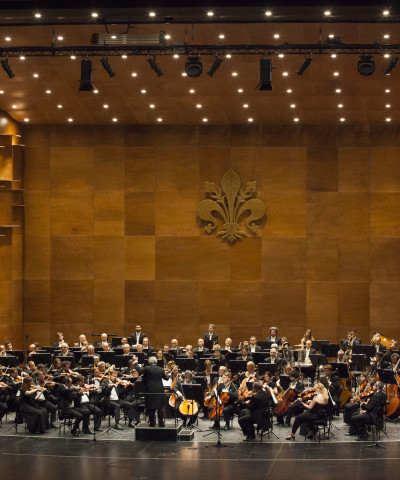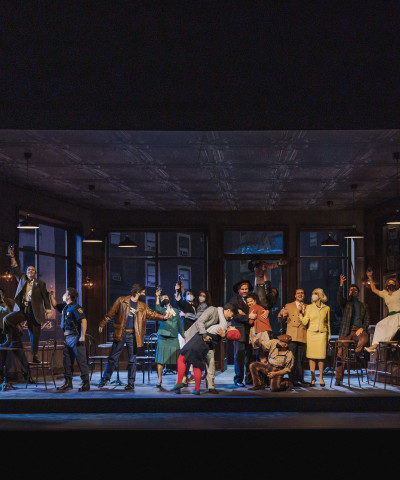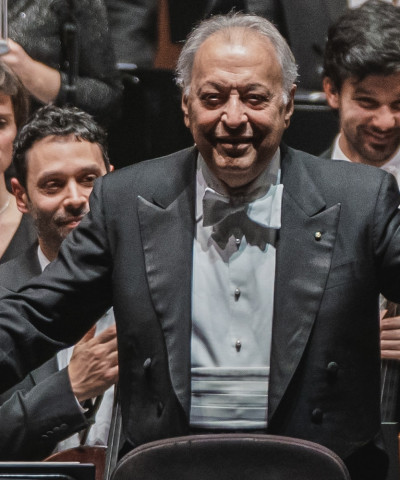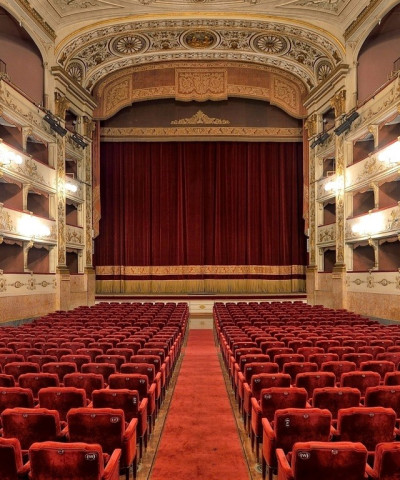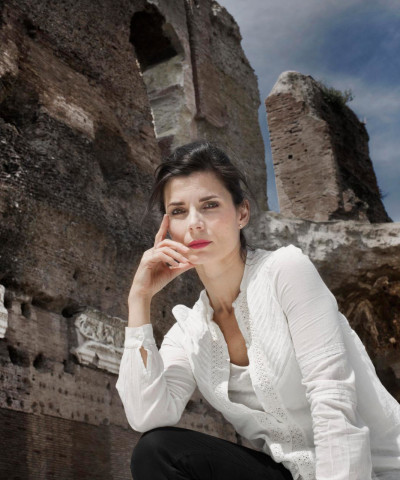The Maggio Musicale Fiorentino Festival
Europe's oldest opera festival, along with Bayreuth and Salzburg
It is the oldest opera and symphony festival in Europe along with Bayreuth and Salzburg, and the first in Italy. The Maggio Musicale Fiorentino was founded in 1933 with such a high and European profile that it gave its name to the most important Florentine musical institution, today a Foundation, expressed in the Orchestra of the Maggio Musicale Fiorentino, which is conducted this year by Maestro Daniele Gatti, and in the Choir, directed by Maestro Lorenzo Fratini, protagonists not only of the festival but also of an extraordinary winter season.
WHY IN MAY?
Born as a triennial event, the Festival del Maggio Musicale Fiorentino has been transformed, since 1937, into an annual appointment in the month of May, in honour of the ancient Florentine festival of flowers called Calendimaggio.
FROM STRAVINSKY TO CALLAS
Over the decades, the Festival has become a privileged stage for the great love between theatre and the visual arts that blossomed in Florence at the turn of the Second World War. An extraordinary climate that has favoured the contamination between modernity with works by Casella, Dallapiccola and Stravinskij and rediscoveries (Spontini, Rossini and Cherubini), but also the introduction of great directors - from Visconti, Ronconi, Zeffirelli, De Filippo, Liliana Cavani, Olmi, Monicelli, Ivory -, and designer sets such as those by De Chirico, Sironi, Soffici, Maccari, Kokoshcka, Savinio, Clerici, Primo Conti, Derek Barman, and Oscar-winning Dante Ferretti. And stellar casts of international fame. Two above all, Maria Callas, who sang in Norma, I Puritani and Medea, and Tebaldi in L'assedio di Corinto and Traviata.
WHERE
Its splendid current venue is the Teatro del Maggio Musicale Fiorentino, with its superb Sala Grande known throughout the world for its exceptional acoustics, flanked by the Sala Mehta (the Auditorium opened in 2021) and the outdoor Cavea, with some off-site appointments in other prestigious theatrical venues in the city, such as the Teatro della Pergola.
The Maggio Festival has always featured the greatest names in musical entertainment, in an osmosis between the festival itself and the activities spread throughout the year that has become increasingly profound over time, with long and fruitful relations with the city.






